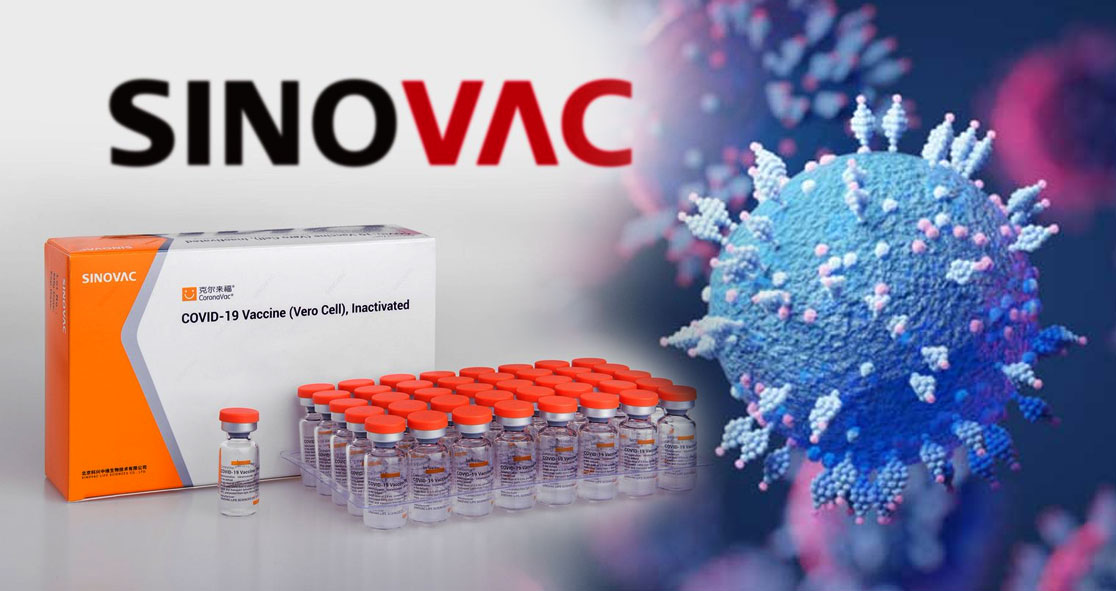Millions of people across the globe have received two-dose Sinovac, a Chinese-manufactured inactive vaccine, to help reduce transmission rates of COVID-19.
However, the vaccine, which is used in 48 countries, is of no help against the Omicron variant, finds a new study by researchers at Yale and the Dominican Republic, according to Medical Xpress.
The study, published in the journal Nature Medicine, analyzed blood serum from more than 100 individuals from the Dominican Republic.
Researchers found that Omicron produced no neutralizing antibodies among those who received the two-shot regimen of the Sinovac vaccine. They also found that antibody protection against Omicron increased among those who had also received a booster shot of the Pfizer-BioNTech.
The researchers compared the blood serum samples with the samples stored at Yale and found that even those who had received two doses of Sinovac and a booster had antibody protection that was only about the same as those who had received two shots of the mRNA-based Pfizer vaccines but no booster shot.
In separate studies, the two-dose mRNA shots without a booster have been shown to offer only limited protection against the wisely spreading Omicron variant.
Furthermore, the team found that people who had been infected by previous strains of the coronavirus saw little immune protection against Omicron.
These findings will likely complicate global efforts to curb the Omicron wave, which has replaced the highly transmissible Delta. Omicron is now sweeping the whole world, became the most dominant circulating strain.
Senior author Prof. Akiko Iwasaki said an additional booster dose, possibly two, is clearly needed in areas of the globe where the Sinovac shot has been a chief source of vaccination.
“Booster shots are clearly needed in this population because we know that even two doses of mRNA vaccines do not offer sufficient protection against infection with Omicron,” she added.
Why Omicron has been so problematic strain? Because it possesses more than 32 mutations on the spike proteins on its surface, which the virus uses to enter cells, according to the researchers.
The mRNA-based vaccines, such as Pfizer and Modern, are designed to trigger antibody response when spike proteins are recognized.
However, Prof. Iwasaki explained, “The human immune system still has other weapons it can use against COVID-19, such as T cells that can attack and kill infected cells and prevent severe disease. But we need antibodies to prevent infection and slow transmission of the virus.”























